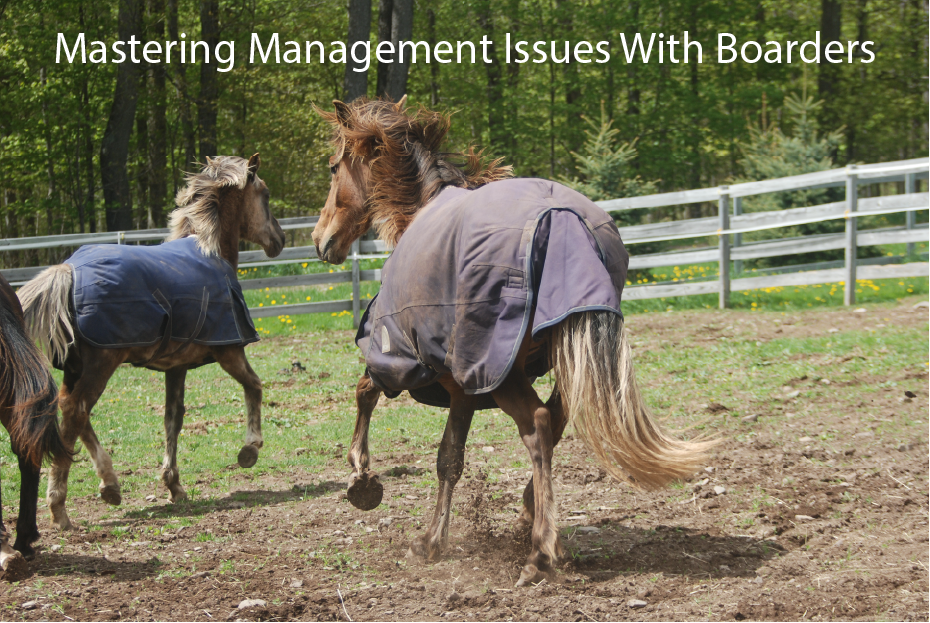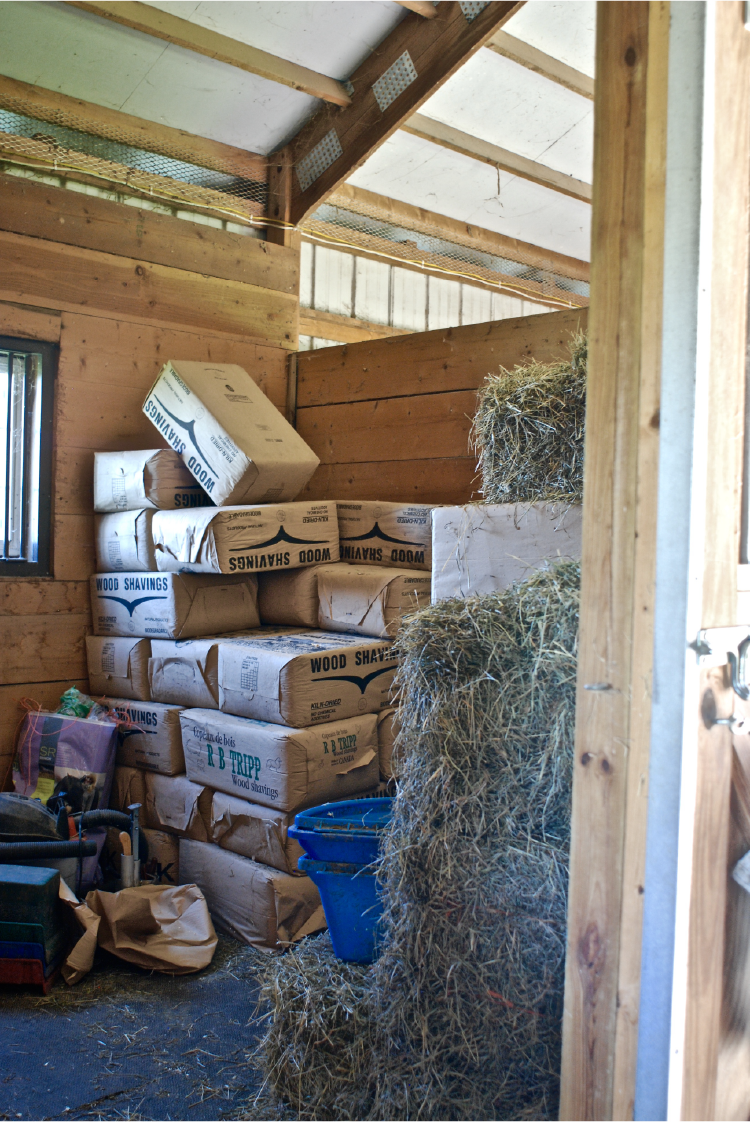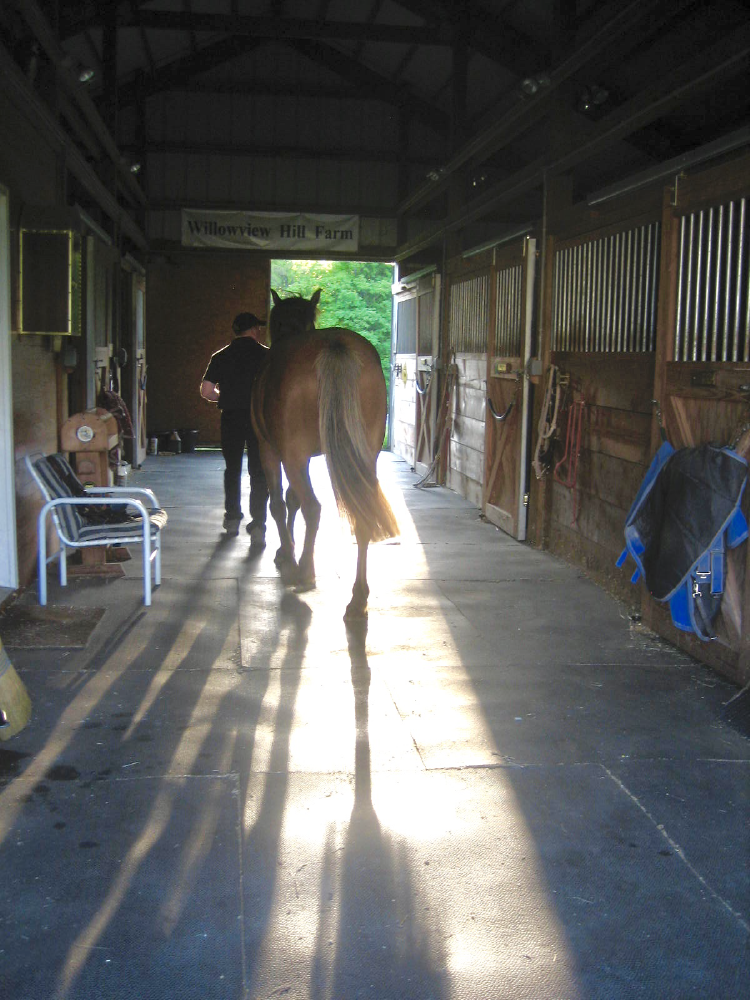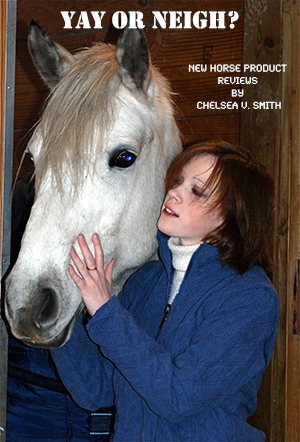Mastering Management Issues With Boarders
By Nikki Alvin-Smith

When you run a horse boarding business keeping everyone happy is not easy. Each person has different needs and wants for their horse, and every personality brings fresh challenges for effective management of their varietal ideas on horse care and in how a horse barn should be operated.
As the barn manager or owner, it’s important to begin with the careful selection of any boarder. Try to be realistic about the types of equine or human issues you can work with and avoid those that you know will drive you up the wall. Naturally, you want your barn to be full of boarders and horses, but don’t succumb to adding someone to the barn family that you can clearly see at the outset is not a good match for you or your operation.
There will be times when your best intuition fails to foresee a difficult boarder and suddenly you are faced with a stressful situation that makes your daily life miserable. Here are a few tips to help you successfully navigate common issues that may arise.
Barn Rules Rule
Avoidance of conflict can often be accomplished by having a definitive list of rules in place for boarders to follow. Post your set of barn rules at a conspicuous location and include the rule list in your boarding contract.
Rules only work if they are enforced. Once one person deviates from the rule others will assuredly follow. Your life will be less stressful if you manage your barn with cogent communication with polite requests for compliance. Don’t wait until a rule, is routinely disregarded by a boarder, before you speak up. There is no benefit in procrastination.
Make Provisions Readily Available
A cause for constant complaint in any barn is the difference in what provisions you wish to provide as a barn owner for the equines in your care, and what supplies the horse owner believes are included in their monthly rate.
 It is imperative that you provide good care, such as safe clean stalls, fresh water and grain and good quality hay. To avoid conflict about how much bedding, hay and grain you will furnish it is best to include in your contract exactly what is going to be supplied by you in the monthly board rate and when. For example, three flakes of first cut hay three times a day, morning, noon and night.
It is imperative that you provide good care, such as safe clean stalls, fresh water and grain and good quality hay. To avoid conflict about how much bedding, hay and grain you will furnish it is best to include in your contract exactly what is going to be supplied by you in the monthly board rate and when. For example, three flakes of first cut hay three times a day, morning, noon and night.
There will always be those boarders that want their stall filled with a deeper bed of shavings, prefer straw, want second cut hay only etc. Whatever bedding, grain or hay you provide it is a good idea to have an extra supply available for purchase by your boarders on request. This will help protect your own assets from errant acquisition by boarders.
If it is practical provide a separate space with an extra stash of hay and bedding away from your own supply. If possible, lock up your own supply.
Keeping People Honest
Unfortunately, everyone cannot be trusted, so installation of an inexpensive camera system in public areas such as hay/feed stalls, tack rooms (obviously not bathrooms), with a sign posted ‘Smile! You’re On Camera,’ can markedly improve their honesty.
Another common complaint by boarders is that other people are using their tack or equipment or even riding their horse. A surveillance system can alleviate this issue altogether but be certain that the data collected is stored for a decent period of time, so that you can refer to it later if it is needed.
Calendar
If you set up a daily and monthly calendar it is much easier to keep your boarders on track with the routines you wish them to follow. For example: horse turnout times and what time horses may be stabled, feeding times; farrier schedule; fecal worm egg count testing schedule etc..
 Boarders’ schedules may cause conflicts that can cost you money. A boarder may wish to regularly bring their horse in from the field early, to put it in a stall because they want to spend time with it. This may result in extra bedding costs. A boarder may want their horse’s hooves trimmed more regularly and wish the farrier be called in more often. This may result in extra barn call charges. If a boarder understands they are following a different protocol than you have agreed to provide, you can usually negotiate a supplementary fee to cover these additional costs. Most situations can be resolved with open, honest communication.
Boarders’ schedules may cause conflicts that can cost you money. A boarder may wish to regularly bring their horse in from the field early, to put it in a stall because they want to spend time with it. This may result in extra bedding costs. A boarder may want their horse’s hooves trimmed more regularly and wish the farrier be called in more often. This may result in extra barn call charges. If a boarder understands they are following a different protocol than you have agreed to provide, you can usually negotiate a supplementary fee to cover these additional costs. Most situations can be resolved with open, honest communication.
If there are times the arena riding space is not available to the boarders due to clinics, therapeutic riding programs and the like, then ensure these restricted access times are disclosed in advance of the boarder signing up for livery. This will avoid much boarder discontent at a later date.
Your posted calendar and boarding contract should also contain your time-off or closing times/days including holidays. As many boarders have restricted time off from work their holidays are often of significant importance, as it is valuable available time they can spend at the barn. If they know in advance what dates each year are off limits, they can organize their time without unnecessary disappointment. For both sides it is important therefore to stick to these closed dates.
Don’t allow intrusion by boarders unless there is a good reason, such as a horse is sick. Once you start allowing folks to come in earlier, stay later or visit on a day the barn is closed, your spare time will vanish. Boarders of all ages should always be supervised by a competent horse person or directly by you. So follow your own rules in regard to your schedule and keep the time you’ve allocated for yourself undiminished.
Keen management of your calendar also ensures that you can control expenses such as energy costs for lighting/heating and ventilation.
Different Disciplines Create Different Problems
If you open up your boarding barn to a variety of riding disciplines, then you are likely to experience more unhappiness issues with boarders. For example, at the World Equestrian Games in Tryon, NC this year the inclement weather forced the cancelation of the dressage freestyle, as the competitors did not wish to utilize an indoor space that was set up with footing for barrel racing. The footing was simply too deep for the safety of their dressage horses.
If your facility is being utilized across multiple disciplines issues with footing, the presence or absence of showjumping fences, the availability of quiet space for dressage riders without barrel racers galloping around the ring, are just some of the conflicts that may all canter in to your world. It is a lot easier to manage a boarding barn with one or two complementary disciplines, than to work across a variety of disciplines.
In conclusion, it is easy to narrow down the areas of possible conflict by following these few simple suggestions. A conflict avoided altogether is always the best option. But if you do experience management issues with a difficult boarder, you will be in a strong position to alleviate any discontent if these protocols are in place.


